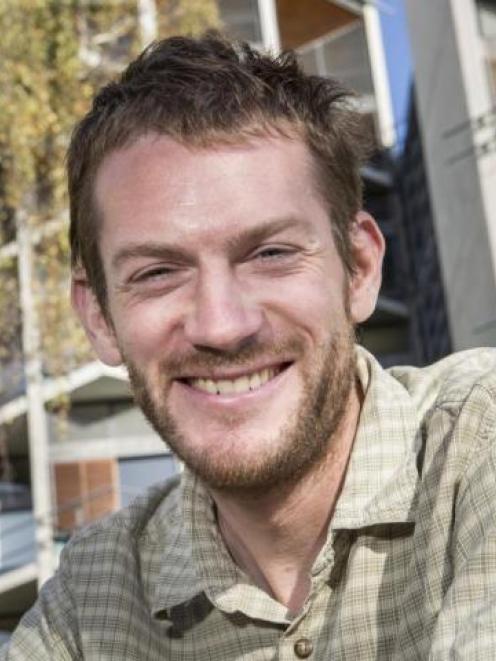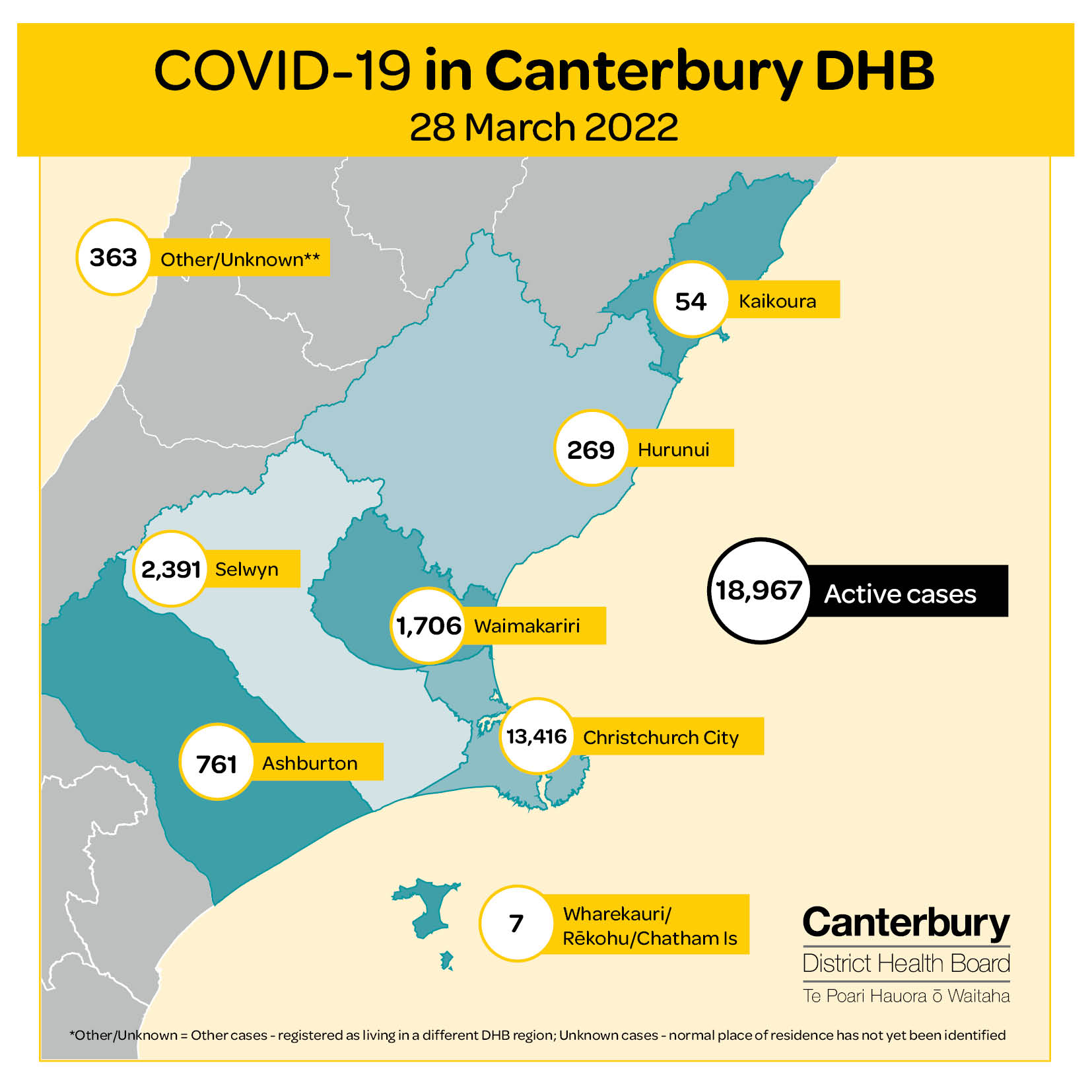
The Canterbury DHB reported 2043 new community cases of Covid-19 in the region over the 24 hours until 8am today. The total death toll from the pandemic nationally now stands at 258, and the current seven-day rolling average is 12 deaths a day of people with Covid-19.
Michael Plank from Canterbury University and Covid-19 Modelling Aotearoa expected this death rate to continue for a few more weeks, and ultimately between 300 and 500 people to die by the end of the first Omicron wave.
"Because although it looks like cases have peaked, deaths [lag behind]," Plank said.
The death total was at about the lower to middle end of projections from earlier this year - which picked between 400 and 1200 deaths, he said.
A reason for New Zealand's low death rate high booster uptake among older people and young people comprising a large amount of those infected.

If the virus took hold in communities with low booster rates, for example Māori, or high risk populations such as those in aged care facilities, that could cause the rate to increase again, he said.
Overall, there have been fewer deaths than usual in New Zealand since the pandemic started because lockdowns basically eliminated influenza.
But with borders opening soon bringing in travellers with infectious diseases, and winter coming, there are still difficult times to come.

Big picture, NZ has done well in Covid-19 response - Baker
Baker said it was prudent that older people and those in poor health thought about cutting back on socialising for a few weeks while the Omicron outbreak ran its course.
While nationwide case numbers appeared to have peaked, many in the community were infected with the virus, he said.
But the big picture was that New Zealand's Covid-19 response had been effective, with the death toll among the lowest in the world, Baker said.
There were five times the number of deaths in Australia and Singapore, which also implemented strong measures to combat the spread of the virus.
Baker said the death toll was 20 times higher in Hong Kong, Denmark and Canada and 50 times higher in the UK.













